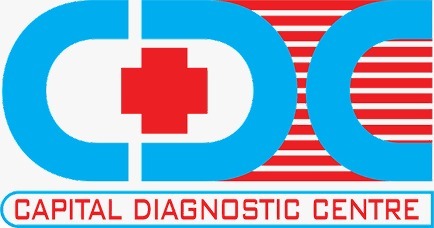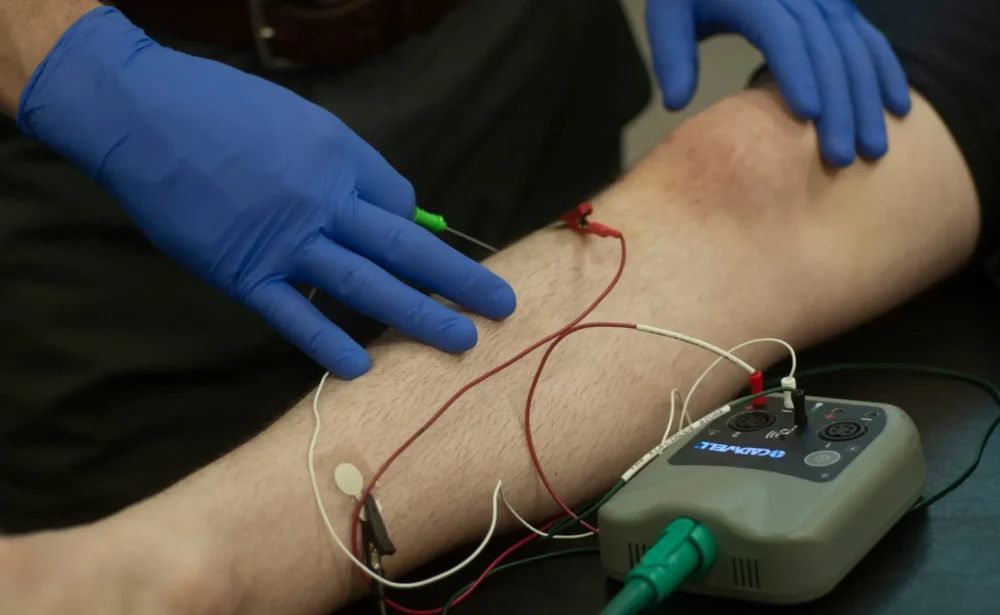Nerve Conduction Study (NCS) – Assessing Nerve Function at CDC
A Nerve Conduction Study (NCS) measures the speed and strength of electrical signals in nerves.
It is used to diagnose nerve damage, neuropathy, and conditions like carpal tunnel syndrome, Guillain-Barré syndrome, and nerve compression disorders.
At CDC, our specialists perform accurate and painless NCS tests to assess nerve health. This test is essential for people experiencing tingling, numbness, muscle weakness, or slow reflexes. NCS provides valuable data for neurologists to determine the severity of nerve damage and recommend treatment.
Measures Nerve Signal Speed & Strength
Essential for Neuropathy & Nerve Compression Diagnosis
Non-Invasive & Quick Procedure
Benefits of NCS Research
NCS is a key diagnostic tool for detecting nerve dysfunction before symptoms worsen. It helps doctors determine the severity and progression of nerve damage. Useful for monitoring diabetic neuropathy, multiple sclerosis, and nerve injuries. Provides data for early intervention and treatment planning.
- Identifies Nerve Damage & Blockages
- Essential for Diagnosing Neurological Disorders
- Guides Treatment for Nerve Pain & Weakness
- Quick, Safe & Non-Invasive
Frequently Asked Questions (FAQs)
It diagnoses nerve damage, neuropathy, and nerve compression syndromes.
No, NCS is non-invasive and causes only mild tingling sensations.
It takes 30 to 60 minutes, depending on the number of nerves examined.
People with numbness, tingling, muscle weakness, or suspected nerve disorders.
CDC offers advanced nerve testing with expert analysis and precise results.

